In this article from The Strad’s March 2017 issue, the Brazilian cellist talks about playing the piano, taking it slow, and a piece that changed him
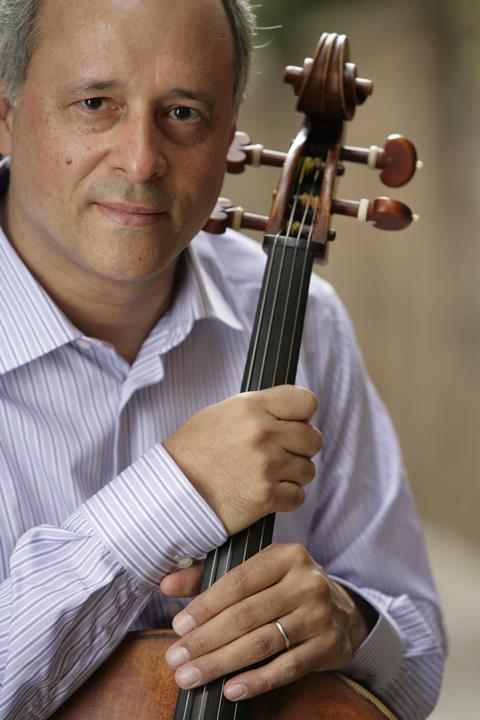
Discover more Featured Stories like this in The Strad Playing Hub.
Read more premium content for subscribers here
ADVICE I’D GIVE MY YOUNGER SELF
If I could go back in time and meet myself as a student, I would tell him to practise the piano more! My father played the French horn in an orchestra with a chronic lack of string players; he thought that if each of his five sons learnt a stringed instrument it would make them indispensable musicians. Since I was the eldest I was given a cello. I learnt enough piano to pass my exams but my father thought it was a distraction and, by the time I began to take music seriously, I was too busy practising the cello.
Playing the piano well means you have a deeper understanding of all the possibilities of texture. It’s especially useful when you come to play Bach’s music for cello, or things like Alfredo Piatti’s Twelve Caprices – pieces that give the instrument multiple voices to follow simultaneously. It helps to be able to play through the piano part of sonatas and other chamber music, too. If you look at some of the greatest cellists of all time, I think it comes as no surprise that many of them were excellent pianists.
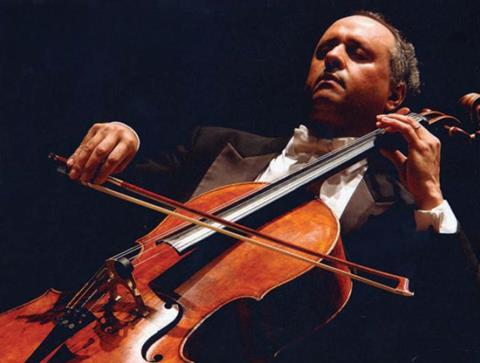
HOW I SURVIVE THE PRESSURES OF LIFE AS A SOLOIST
In this profession it’s so important to balance your life as well as you possibly can. Stress is the enemy of the travelling soloist, and often it’s the travelling that makes things stressful. It’s so much better if you can give yourself time to relax, arriving well before the first rehearsal. When I was younger I’d take an early flight on the day of the performance and another one straight back the following morning, but now I’ve realised the importance of having room to breathe.
I live in Switzerland, so it’s relatively easy for me to travel around Europe, but even so, I try to arrive at least one day before a concert. When I travel further, to the Americas for example, I arrive a few days earlier than the performance. It isn’t really enough – ideally you’d have a week, but that’s almost impossible.
Getting there as quickly as possible isn’t always best either – musicians didn’t get jet lag when they travelled by ship! Soloists used to take the whole summer to rest and work on repertoire for the next season but today you spend summer racing between important festivals, which isn’t very healthy. It felt much more human when things moved more slowly.
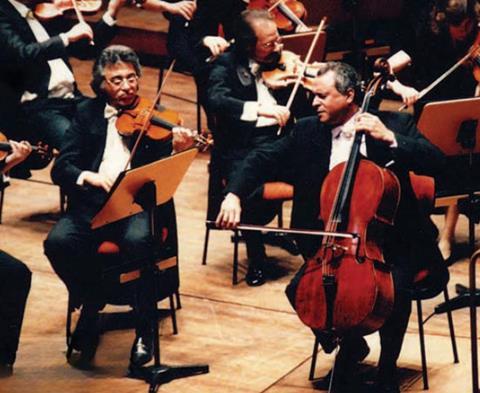
MY MOST MEMORABLE MUSICAL EXPERIENCE
I used to be someone who just practised the cello, but then I fell in love with music and everything changed. That moment came when my youth orchestra performed the Vivaldi Cello Concerto in D minor when I was about twelve years old. Playing in the orchestra and listening to the sound the soloist made was the beginning of it all for me.
I was so excited when I got to play the same concerto with the orchestra a couple of years later. I haven’t performed it since, though, because opportunities to play Vivaldi concertos are comparatively rare – the last time I did one was probably ten years ago.
Interestingly, the soloist in that first performance was Jaques Morelenbaum. He was a few years older than me and went on to become a successful producer, arranger and composer, as well as a very good cellist – our paths still cross sometimes today.
INTERVIEW BY TOM STEWART
Read: Antonio Meneses: A deep musical intuition
Read: Brazilian cellist Antonio Meneses dies at age 66
Discover more Featured Stories like this in The Strad Playing Hub.
Read more premium content for subscribers here
The number one source for playing and teaching books, guides, CDs, calendars and back issues of the magazine.
In The Best of Technique you’ll discover the top playing tips of the world’s leading string players and teachers. It’s packed full of exercises for students, plus examples from the standard repertoire to show you how to integrate the technique into your playing.
The Strad’s Masterclass series brings together the finest string players with some of the greatest string works ever written. Always one of our most popular sections, Masterclass has been an invaluable aid to aspiring soloists, chamber musicians and string teachers since the 1990s.
American collector David L. Fulton amassed one of the 20th century’s finest collections of stringed instruments. This year’s calendar pays tribute to some of these priceless treasures, including Yehudi Menuhin’s celebrated ‘Lord Wilton’ Guarneri, the Carlo Bergonzi once played by Fritz Kreisler, and four instruments by Antonio Stradivari.

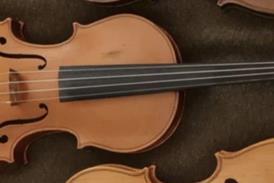
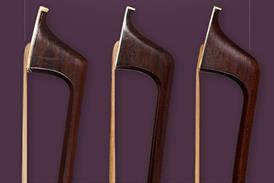

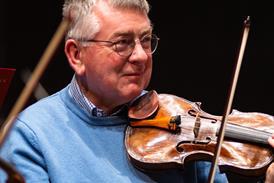
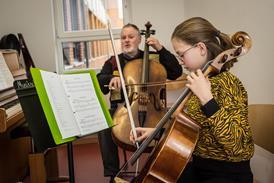
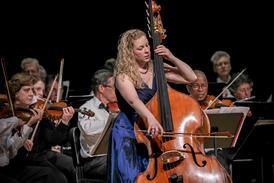



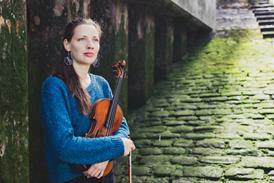
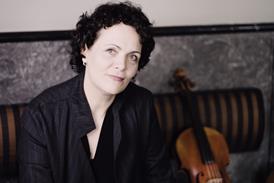
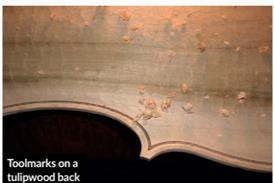
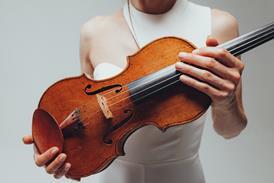
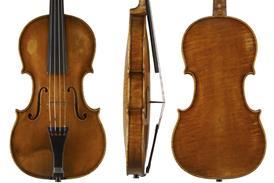























No comments yet